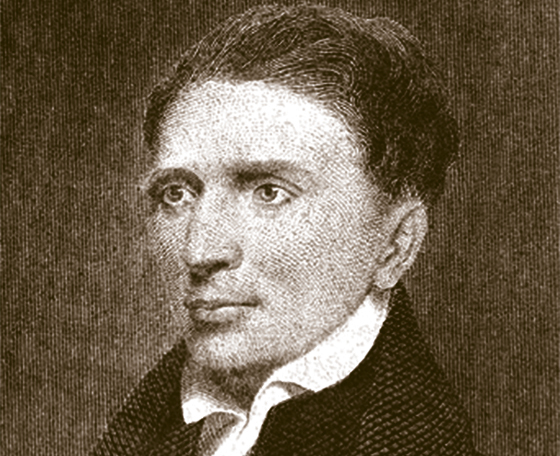“Has any citizen, rich or poor, the least idea of the amount which he annually pays for the support of the government? The thing is impossible. No arithmetician, not even Babbit with his calculating machine, could compute the sum. He pays a tax on every article of clothing he wears, on every morsel of food he eats, on the fuel that warms him in winter, on the light which cheers his home in the evening, on the implements of his industry, on the amusements which recreate his leisure. There is scarcely an article produced by human labour or ingenuity which does not bear a tax for the support of one of the three governments under which every individual lives.”
William Leggett, in an editorial in the Evening Post, April 22, 1834 (republished in A Collection of the Political Writings of William Leggett (1840), and titled “Direct Taxation”).

2 replies on “William Leggett”
Mr. Leggett wrote his editorial before the governments started imposing income taxes and really inventive hidden taxes, not to mention the regulatory and compliance costs.
He was correct then, and more correct now.
The market controls demand with the price, cost, term. When the apparent cost is less than the real cost demand is overstimulated. That is the story of governments today.
The correct answer is a real and apparent cost to all for government services. Flat universal income tax, or better yet a flat transaction tax with no exemptions, constitutionally mandated to be the only tax allowed as well as a balanced budget amendment would be my preference so that all would know and appreciate the cost of their government.
Well put!